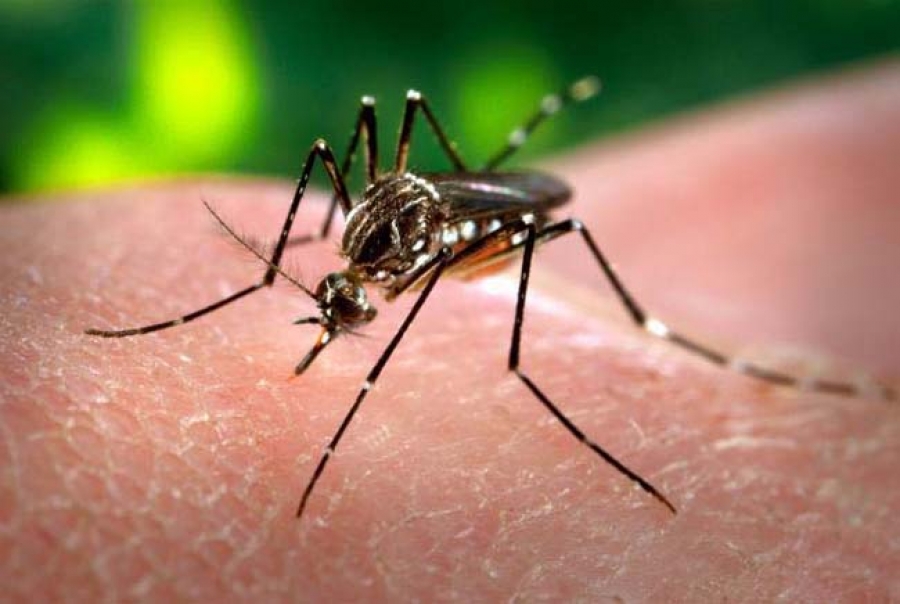Mosquito-borne diseases remain a significant threat to Pacific says expert
Wednesday 5 October 2022 | Written by RNZ | Published in Regional

The zika virus is transferred by mosquitoes, 14010912
Mosquito-borne diseases remain a significant threat to the health and socio-economic well-being of the region according to the Pacific Community's senior epidemiologist Dr Salanieta Saketa.
Saketa joined other experts from the region at a workshop at the QIMR Berghofer's Mosquito Control Laboratory in Brisbane, Australia.
She said the number of outbreaks is rising with 96 reported in the Pacific region between 2012 and 2021, including 69 dengue outbreaks, 12 zika virus and 15 chikungunya.
The laboratory is one of the few facilities in the Southern Hemisphere with the authority to house various exotic, insecticide-resistant mosquitoes that transmit viruses such as dengue fever, zika virus, chikungunya, and malaria.
Participants from Fiji, Samoa, Palau and Tonga joined the first of two workshops.
Head of mosquito control associate Professor Greg Devine said the gathering involved lab work, a field trip, and modules on how to identify different mosquito species, test for insecticide resistance, and assess the effectiveness of key control tools such as bed nets.
Environmental changes caused by climate change, population growth, and increasing travel between countries were all contributing to the spread of mosquito-borne diseases, he said.
Diseases such as dengue fever and malaria have been increasing since the start of international travel in the Pacific after the pandemic.
The workshop co-ordinator, Dr Tania Russell, said inter-island transmission can be as simple as one infected person spreading the disease to the local mosquito population.
"One thing that we have really across the last couple of years with the closed borders is that Covid transmission between borders is minimised, but we also saw particularly with dengue there can be no cases in a small island but then an infected person can come in, but then can take off and become quite a big outbreak," Russell said.
Another dangerous issue in the region was the spread of insecticide-resistant mosquitoes as insecticide heightened the spread, she said.
"Resistance can be a real problem because to control dengue and malaria the most effective tool is to use insecticides to kill the mosquitoes and we really need to improve the way that this is done because it's the most cost-effective tool that we have at the moment," Russell said.
- Jan Kohout/RNZ












































